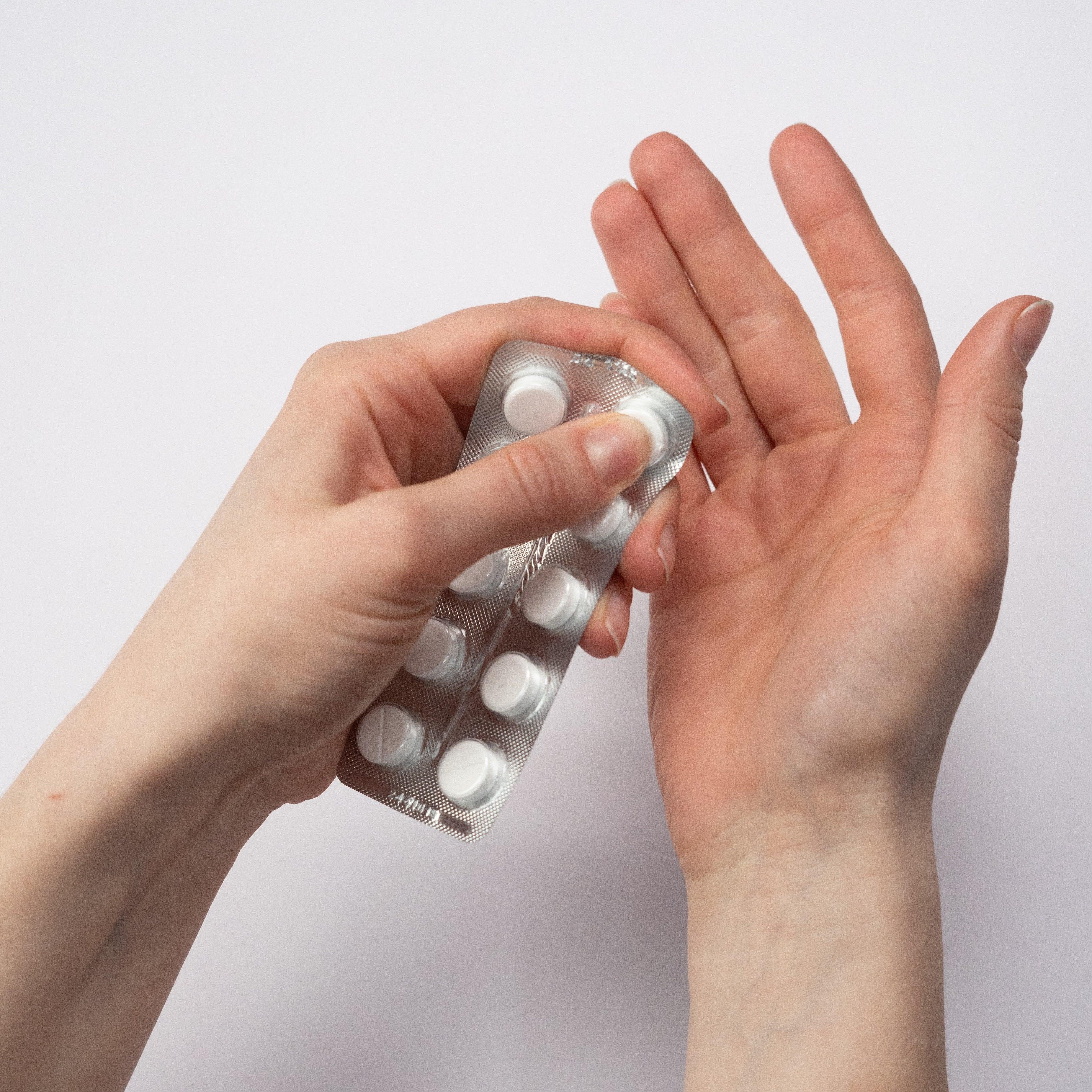In the United States, almost 10% of children between the ages of 3 years and 17 live with an attention deficit hyperactivity disorder diagnosis (ADHD). ADHD is amongst the most common neurodevelopmental disorders and is often diagnosed during childhood. ADHD may present itself through trouble paying attention, difficulty controlling impulsive behaviours and/or being overly active.
ADHD impacts continue to impact around 60 per cent of people as adults. Adults with ADHD may experience difficulty in concentrating, and controlling impulses and/or may be fidgety and excitable.
Treatment of ADHD
The majority of people living with ADHD can find treatment through behavioural therapy and medication. It is generally recommended for young children to start with therapy before starting medication. What works best will depend on the person and their family, but a combination of the two is generally what is best.
When it comes to medication, doctors in the US will often prescribe stimulant medication to help with concentration and focusing, with the two most common being Adderall and Ritalin.
Both Adderall and Ritalin work by increasing the availability of the neurotransmitters norepinephrine and dopamine in your central nervous system by speeding up your brain activity. They both work quite similarly and are effective in treating between 70-80% of children and adults with ADHD.
It is important to note that both Adderall and Ritalin can interact with some other drugs, so it is vital to inform your doctor about all of the prescription and over-the-counter medications, supplements, and herbs you take to avoid any issues.
Side effects of Adderall
The side effects of Adderall range from mild issues to more serious. They tend to be:
- Fatigue
- Feeling abnormal
- Insomnia
- Anxiety
- Depression
- Headache
- Weight loss
- Nausea
- Decreased appetite
- Aggression
Adderall is meant to remain active in your body for four to six hours.
Side effects of Ritalin
Ritalin is short-acting, staying active in the body for around 2-3 hours and any side effects are typically felt while Ritalin is in a person’s system. The side effects tend to be:
- Agitation
- An energized feeling
- Headaches
- Difficulty sleeping
- Moodiness
- Anxiety
- Nausea
- Reduced appetite
For anyone with a history of cardiac problems, seizures or those prone to anxiety, Ritalin can make them feel worst.
Alternatives to Adderall and Ritalin
Research points to the below options as alternatives to Adderall and Ritalin.
The best decision is to work closely with your doctor to determine which medication, therapy and treatment support you best.


Leave a comment